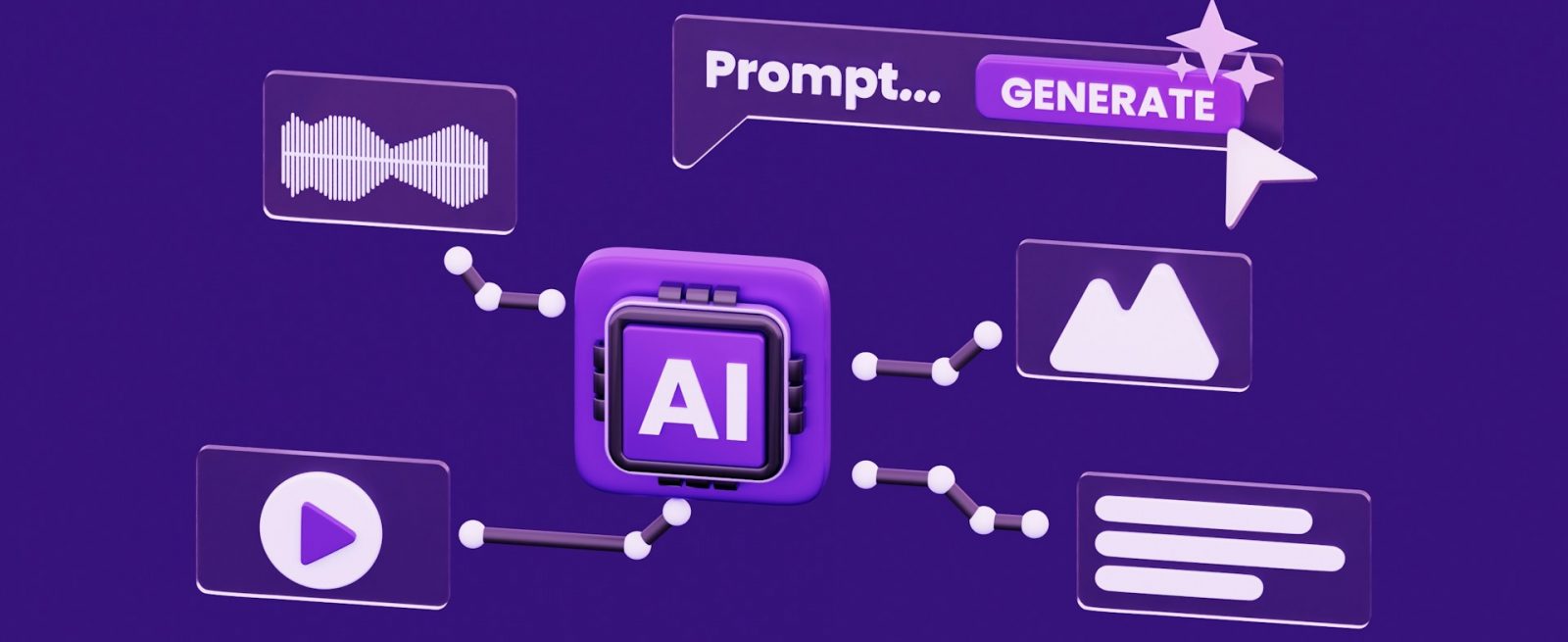2025 Predictions: Brand Loyalty in a Data-Driven, AI-Optimized World
4 Min Read By Roger Williams
With AI’s growing prominence in marketing discussions this year, brands have begun navigating both its potential and pitfalls. At the same time, economic uncertainty, consumer price sensitivity, and limited resources remain pressing concerns. For restaurant operators, these challenges underscore the importance of thoughtful decisions that boost efficiency and drive customer retention. Now, as restaurant marketers prepare for 2025, lessons learned from the past year are shaping a more pragmatic approach, prioritizing tools and strategies that deliver measurable results.
Data-backed loyalty programs, in particular, present a key opportunity for marketers to foster deeper customer connections in 2025. In an era where price-conscious diners seek value more than ever, restaurant loyalty programs are becoming indispensable. While diners are becoming less brand loyal, they’re more open than ever to participating in engaging and rewarding loyalty programs. These programs, supported by smart technology and AI, can help you deliver meaningful value to your guests and build lasting relationships.
Here’s what you need to know to make the most of loyalty marketing in 2025.
Integrate Loyalty Programs and Marketing Technology
Disconnected systems can create inefficiencies and make it harder for you to deliver a seamless guest experience. In 2025, integrating loyalty programs with marketing technology will be a game changer for restaurants of all sizes.
Restaurants can benefit from unified guest profiles that consolidate loyalty data, purchase history, and preferences. These profiles allow marketers to craft targeted campaigns, such as limited-time offers for frequent diners or exclusive discounts for high-value loyalty members. Moreover, integrated systems streamline operations, from managing reservations to tailoring in-app promotions, ensuring that every touchpoint enhances the guest experience.
Start small by choosing technology that connects easily. For example, a POS system that integrates with your loyalty program and email marketing platform can automatically send rewards or special offers to frequent diners. This streamlined setup reduces manual work and ensures consistent messaging across touchpoints.
Leveraging AI to Elevate Restaurant Loyalty Programs
Artificial intelligence (AI) and machine learning is revolutionizing restaurant marketing by delivering data-driven insights and personalized experiences. Predictive AI, for example, helps restaurants anticipate guest preferences, such as favorite dishes, dining times, or spending patterns. Marketers can create tailored promotions that resonate with specific customer segments by analyzing these patterns.
Generative AI also holds promise for enhancing restaurant loyalty programs. Restaurants can use it to design visually appealing marketing materials or craft personalized messages. In contrast, machine learning can be used to develop gamified challenges that reward guests for completing specific actions, such as visiting multiple times in a month. These data-driven experiences can lead diners to what Marigold terms “golden moments”— the period after a rewards member has redeemed their points, creating an opportune moment to promote full-priced non-discount purchases because the member is confident that points get them stuff, and they are eager to earn more of them.
Engaging Guests Beyond Discounts
Price sensitivity, amplified by economic uncertainty, drives many guests to prioritize deals and promotions. However, offering constant discounts risks devaluing a brand. Loyalty programs offer an alternative that focuses on creating emotional connections without eroding profitability. This requires going beyond transactional benefits to offer unique and memorable experiences.
Experiential rewards are a powerful way to engage diners. For instance, restaurants can offer VIP perks like early access to seasonal menus or invitations to exclusive chef-curated events. These benefits not only strengthen the emotional bond between guests and the brand but also create a sense of exclusivity that encourages program participation.
Gamification is another effective strategy. By incorporating game-like elements—such as earning points for trying new menu items or completing a “dine around the world” challenge featuring international dishes—restaurants can make loyalty programs more fun and engaging. AI can play a pivotal role here, ensuring that challenges are tailored to individual preferences and don’t alienate high-value customers with overly complex requirements.
Prioritizing Privacy and Trust in Guest Engagement
As AI and data-driven marketing become more prevalent, respecting guest privacy and maintaining trust are critical. In fact, according to Marigold’s Relational Marketing Trends report, 57% of consumers state that their favorite brands use their data in a way that makes them feel comfortable. But, there’s a delicate balance between using data to enhance experiences and avoiding intrusiveness.
Transparency is key. Restaurants should clearly communicate how they collect and use guest data, whether through preference centers, loyalty program disclosures, or direct communication. For instance, allowing diners to customize their privacy settings or opt into specific types of communications builds trust and empowers them to take control of their data.
Zero- and first-party data—information willingly shared by guests—are especially valuable. Progressive profiling, where data is collected gradually through interactions, ensures that guests aren’t overwhelmed by invasive questions. For example, a restaurant could ask diners about their favorite cuisines during the loyalty program signup process and then use that data to suggest relevant promotions or menu items.
The restaurant industry constantly evolves, and 2025 promises challenges and opportunities. By investing in loyalty programs that combine thoughtful technology, AI-powered insights, and meaningful guest experiences, restaurants of all sizes can thrive in a competitive market.
Remember: You don’t need to overhaul everything at once. Start with small, manageable steps—integrate your tech, experiment with AI, focus on engaging guests beyond discounts, and prioritize transparency. These thoughtful decisions will help you build lasting relationships with your guests that stand the test of time.


